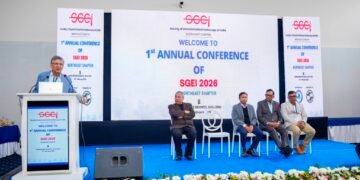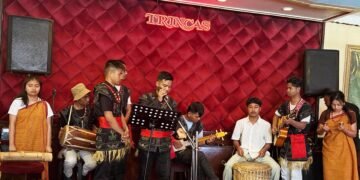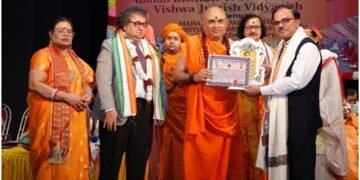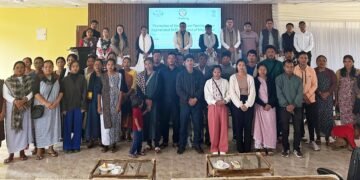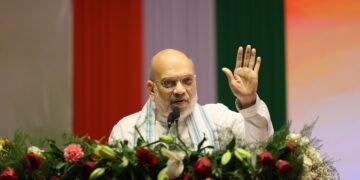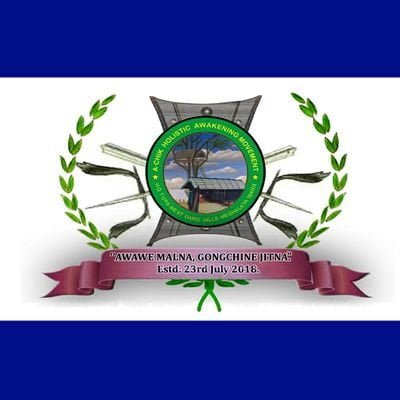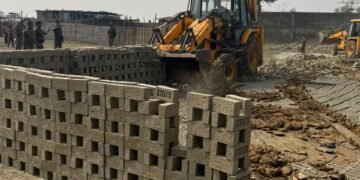The A’chik Holistic Awakening Movement (AHAM) has sought the intervention of the Prime Minister Narendra Modi for the immediate inclusion of Garo language in the Eighth Schedule to the Constitution of India.
In a memorandum to Modi, AHAM president George Prince Ch. Momin said, “…on behalf of my organization in particular and the Garo Community in general pleads to include the Garo language as one of the official languages in the Eight Schedule and calls your office to examine our demand and bring justice to the Garo language.”
He said in the past few years, the Central government has included different Indian languages in the 8th Schedule of the Indian Constitution on the recommendation of various Committees yet the committees like Pahwa Committee (1996) and Sitakant Mohapatra Committees (2003) have remained inconclusive of the fixed criteria for the inclusion of languages into the Eighth Schedule.
It shows proactiveness on the part of the Indian government in being flexible in recognizing the complexity of linguistic diversity in India.
In 2003, the 93rd Constitutional Amendment was passed which enabled the government to have a fresh look at the possibility of inclusion of other Indian languages in the 8th Schedule. Consequently, four languages, viz, Bodo, Dogri, Santali and Maithili were adjudged to be included in the Eight Schedule.
“We, the people, of Garo Hills region, were hoping that Garo language be included in the Eight Schedule considering our identical situation and more justified…Therefore, we humbly request you to examine our request by the same yardstick to include the Garo language in the Eighth Schedule of the Indian Constitution,” Momin said.
He said that the Garo language and literature are vast as it is blessed with a group of dedicated writers. A large number of books are published regularly and available in the Garo language. Garo dramas, songs, and dances are highly acclaimed and regularly stayed at various places in India. More than three major newspapers, fifty magazines, periodicals and journals are available in the Garo language which however has more or less political and official support for the demand albeit there was a discussion even in the Indian parliament to include Garo language in the Eighth Schedule of the Indian Constitution.
“Recently, the state government of Meghalaya has recommended the Garo language for its inclusion in the Eighth Schedule of the Indian Constitution to which we sincerely hope that the Indian government will recommend the Garo language for inclusion in the 8th Schedule of the Indian Constitution,” he said while adding “The inclusion of the Garo language in the 8th Schedule of the Indian Constitution will have the following positive impacts on the people of the Garo Hills region as it is not just a language but a way of life that propels progress and harmony in the region for the people of Garo Hills region.”
The positive impacts include Garo language as a mother tongue and medium of instruction, geographical and demographic significance of Garo Language usage in India, literature and literary impacts, freedom of expression in the legislative and social sphere.
Momin said that the population of Garo Hills in Meghalaya, and certain populations in the state of Assam, Arunachal Pradesh, Tripura, Nagaland, etc. as well as significant populations in Bangladesh have retained the Garo language for day-to-day communication.

